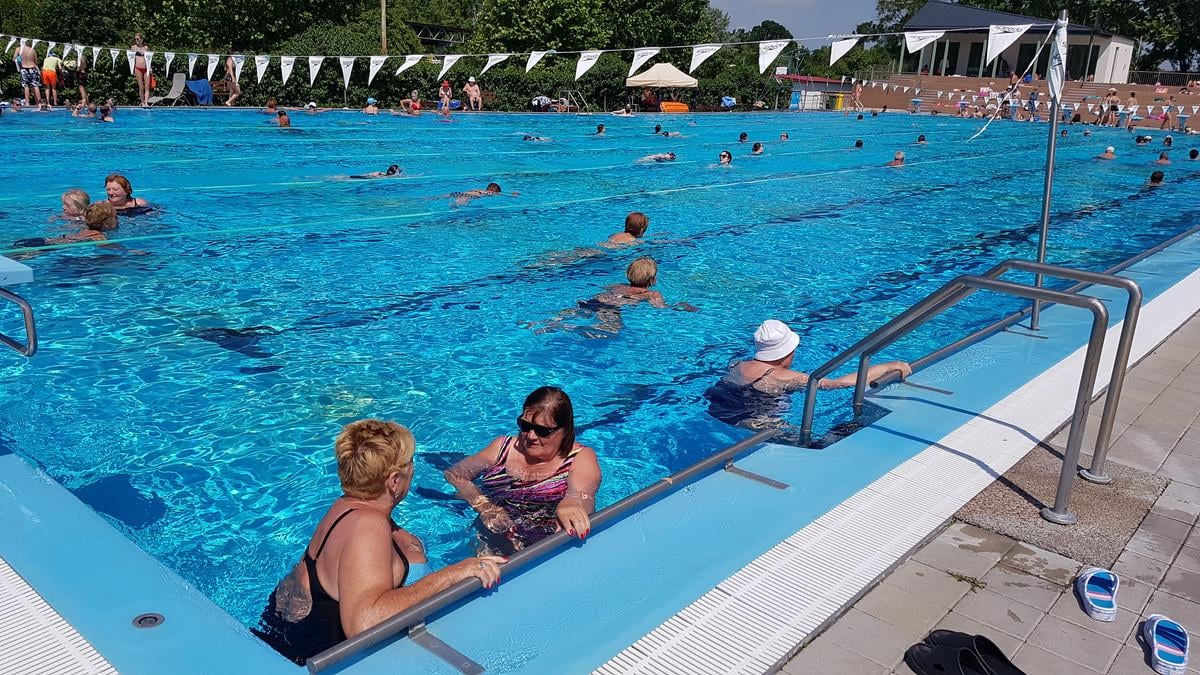A rare and deadly brain infection caused by a free-living amoeba has claimed the life of an 11-year-old boy in Slovakia, prompting public health authorities to close a popular thermal resort and launch an epidemiological investigation.
The boy, from the Záhorie region, was hospitalised at the National Institute of Children’s Diseases (NÚDCH) in Bratislava last weekend, where he succumbed to the illness despite the efforts of medical staff. “It is with deep regret that we announce the passing of the young patient,” said hospital spokesperson Dana Kamenická on 17 June. “Despite the utmost efforts of doctors and health professionals, his life could not be saved.”
Doctors diagnosed the boy with primary amoebic meningoencephalitis (PAM), an almost always fatal condition caused by Naegleria fowleri, a microscopic organism commonly found in warm freshwater. The amoeba infects the brain when water containing the pathogen enters the nose, typically during swimming or diving.
Authorities suspect the boy may have contracted the infection during a swimming course at the Vadaš Thermal Resort in Štúrovo earlier this month. As a precaution, the regional public health office in Nové Zámky ordered the closure of the resort on Sunday and began testing the pool water for the presence of the amoeba. Initial samples reportedly showed no contamination, but full results are expected by Friday, 20 June.
So far, no other cases linked to the resort have been reported. “All water samples taken on Sunday were within safe limits,” said Vadaš marketing manager Lucia Németh, as cited by Aktuality.sk.
“Tap water should be safe,” infectious disease specialist Peter Sabaka told TV Markíza. He emphasised that the amoeba thrives in warm water, particularly in thermal pools and lakes during summer. In an interview with Sme, Sabaka said: “Globally, there are usually only around 10 reported cases each year, though the actual number may be higher, as not all cases are necessarily reported. In any case, the incidence is low – naegleriasis remains an extremely rare disease.”
It feeds on bacteria in the sediments of warm water and is not adapted to survive in the human body.
Nevertheless, experts urge caution: avoid getting water up the nose while swimming, or use nose clips as a precaution.
Authorities reiterated that public swimming pools in Slovakia are generally considered safe due to regular chlorination and water monitoring. Still, as a precautionary measure, enhanced testing of pool facilities will continue throughout the summer season.
Slovak waters are not usually tested for this amoeba, as infections are extremely rare. Even major health agencies, including the CDC, ECDC and WHO, do not recommend routine testing for the same reason.
